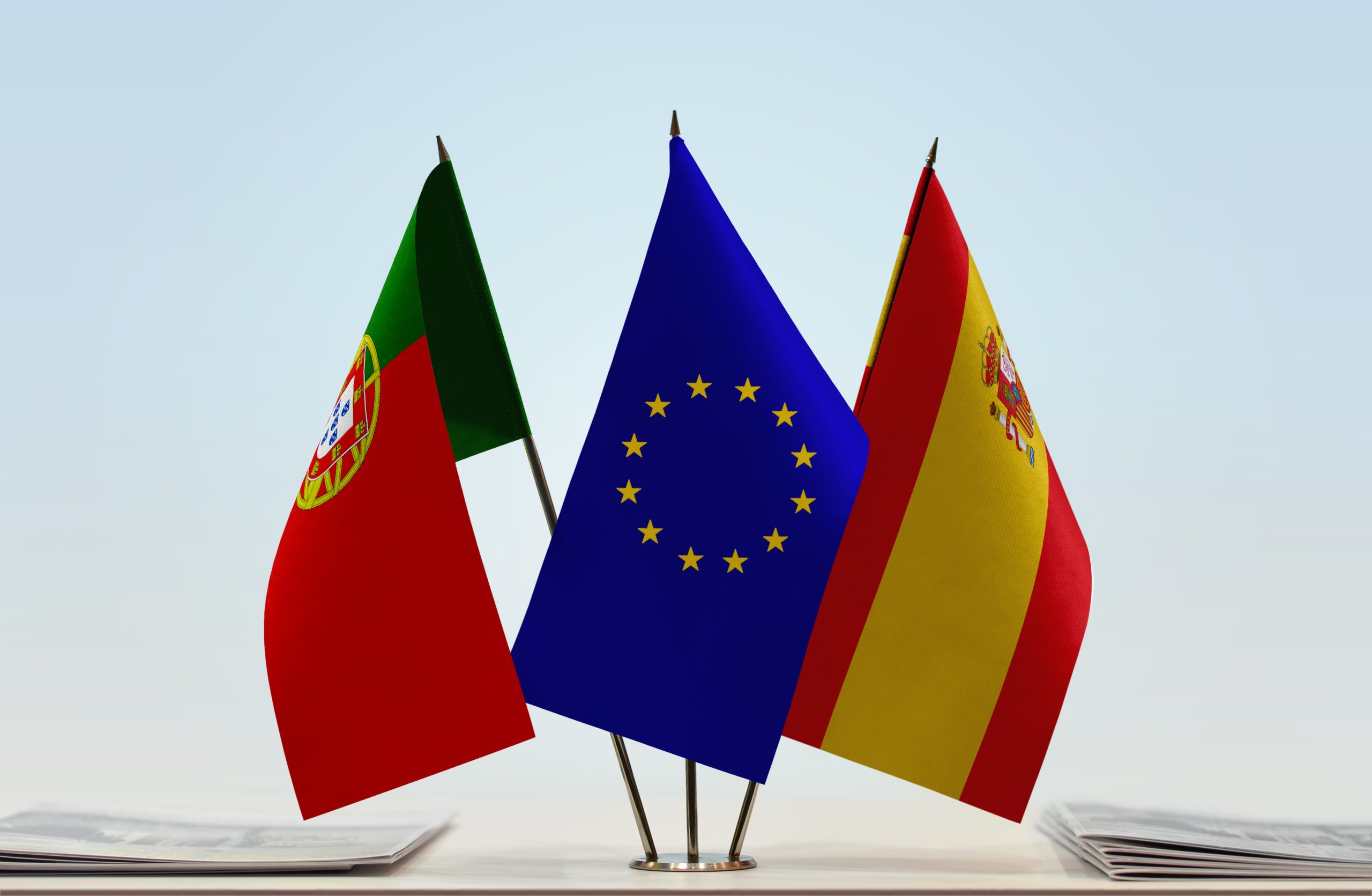Under the POCTEP 2021-2027 framework, strategic projects are being developed in the areas of the Common Strategy for Cross-Border Development (ECDT) and the agreements of the XXXII Hispano-Portuguese Summit. These projects aim to achieve the specific objectives of the programme, which include several topics of interest for the border regions.
Specific Objectives of POCTEP:
OE 1.1: Pilot projects for the development of cross-border knowledge networks, creation of technological centres, and the preparation of unique statistical and cartographic information.
OE 2.4: Projects to consolidate cooperation in adapting to climate change and environmental risk management, particularly in protected areas and cross-border water bodies.
OE 4.5: Innovation projects and the exchange of good practices in health services and active ageing, focusing on areas at risk of depopulation.
OE 4.6: Promotion and continuation of cross-border tourism routes, such as cultural, nature, or gastronomic routes.
ISO1, Action C: Projects to strengthen mutual trust between institutions and people in cross-border cooperation, with a Small Projects Fund.
To date, 7 operations of strategic importance have been approved (4 in the 3rd call and 3 in the 4th), including 1 operation over 5 million euros, which is also subject to special communication measures.
Characteristics of Strategic Importance Projects:
-
Selection: Through calls for proposals.
-
Impact: They impact more than one area of cooperation (multiregional projects).
-
Partnerships: With competent entities to carry out the actions.
-
Contribution to the SDGs: They have a significant impact on one or more of the 8 Sustainable Development Goals (SDGs) identified in the ECDT.
The 8 SDGs Identified in the ECDT:
-
End of Poverty (SDG 1): Eradication of poverty in all its forms.
-
Zero Hunger (SDG 2): Food security and sustainable agriculture.
-
Health and Well-being (SDG 3): Access to quality health and well-being for all.
-
Quality Education (SDG 4): Access to education and literacy.
-
Gender Equality (SDG 5): Empowerment of women and girls.
-
Clean Water and Sanitation (SDG 6): Sustainable management of water and sanitation.
-
Decent Work and Economic Growth (SDG 8): Inclusive and sustainable economic growth.
-
Reduction of Inequalities (SDG 10): Reduction of inequalities within and between countries.
These SDGs are fundamental for defining territorial development strategies, with an emphasis on sustainability and social inclusion in the long term, being crucial for cross-border cooperation and regional development areas.





